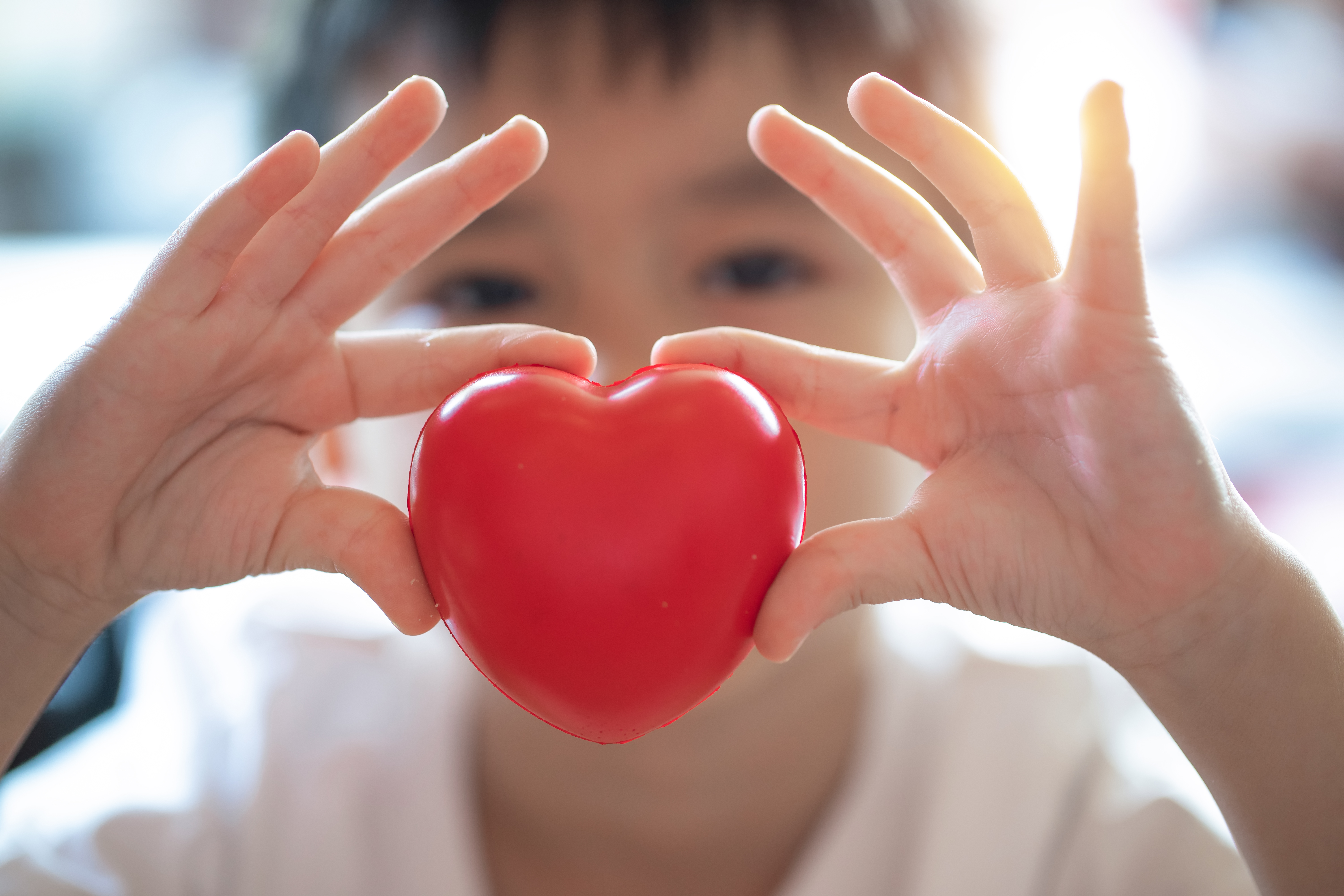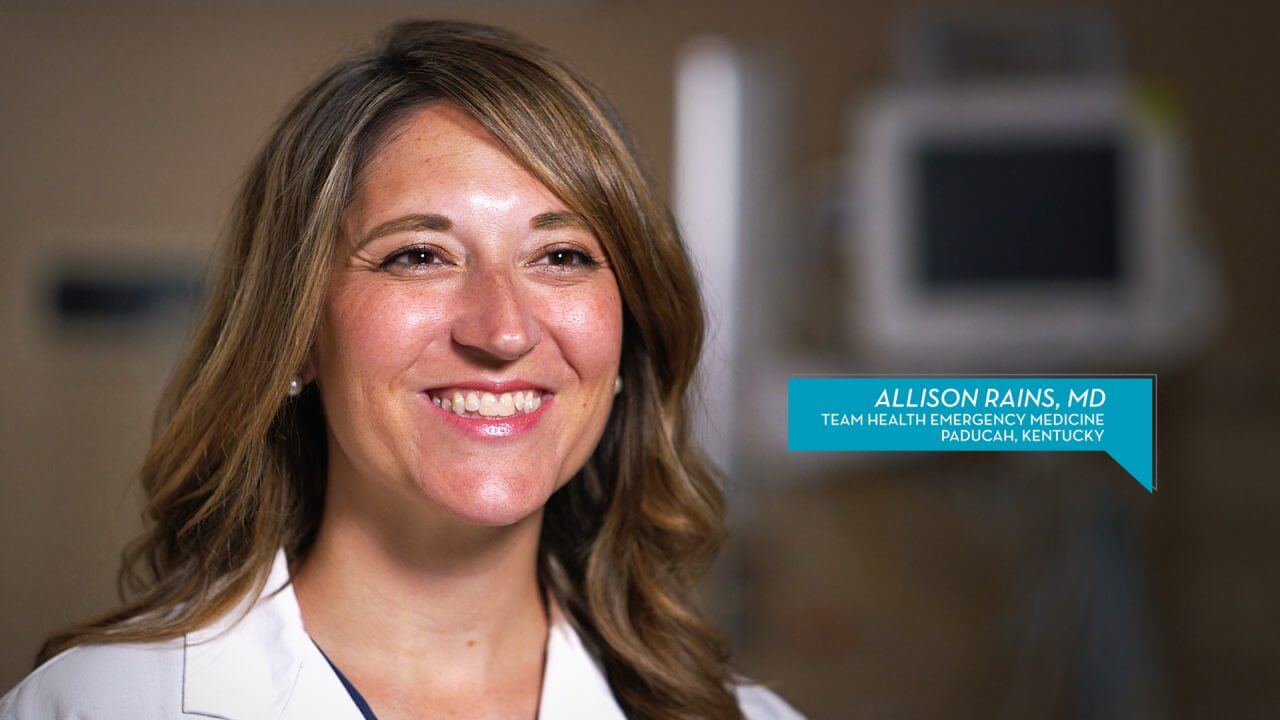What Causes Sudden Cardiac Arrest in Children?

Sudden cardiac arrest (SCA) is when the heart abruptly stops pumping blood through the body. If the condition isn’t addressed quickly, the person doesn’t survive.
People of any age can experience sudden cardiac arrest. That includes children. The condition occurs when the heart’s electrical system fails and the heart muscle stops contracting. The event can happen when the child is active, resting, or sleeping.
Several things can cause sudden cardiac arrest, including:
- Interrupted breathing from choking, an asthma attack, or other cause
- An allergic reaction
- Electrocution
- The interaction between prescription medications
- A sudden blow to the chest triggering what’s called commotio cordis
- Heart disease
People with specific underlying conditions are more prone to sudden cardiac arrest. This includes things like the following:
- Arrhythmias (abnormal heart rhythm)
- Congenital heart disease (heart conditions present at birth)
- Hypertrophic cardiomyopathy (thickening of the heart muscle)
- Arrhythmogenic cardiomyopathy (a condition that breaks down part of the heart muscle)
- Marfan syndrome (a connective tissue disease)
- Myocarditis (inflammation of the heart walls)
Symptoms of Sudden Cardiac Arrest
Sudden cardiac arrest in children often has no warning signs. However, in some cases, the child or their family reports that heart-related symptoms preceded the event. For example, they may experience:
- Shortness of breath
- Fainting
- Chest pain
Unfortunately, people often dismiss the symptoms as minor.
How to Prevent Sudden Cardiac Arrest in Children
While you can’t prevent sudden cardiac arrest completely, you can reduce the risk by taking these actions:
- Ensure the child gets regular health checkups. Seeing their doctor annually increases the likelihood of a heart abnormality being detected, diagnosed, and treated.
- Have the child get sports physicals. Before participating in sports, a child should have a thorough physical exam. This is another opportunity for their doctor to spot heart problems.
- Provide the child with proper protective gear for sports. There are protective devices for those participating in baseball, lacrosse, and other sports where forceful chest blows are possible. These devices protect the sternum and chest area.
What to Do in Case of Sudden Cardiac Arrest
If a child suffers sudden cardiac arrest, have someone call 911 immediately. Perform CPR or use an Automated External Defibrillator (AED) if you are able.
Experts recommend that people who supervise children get trained in CPR. They should also have access to AEDs, which deliver an electric shock to jolt the heart of someone suffering sudden cardiac arrest back into normal rhythm.
It’s also critical for parents, caregivers, and children to know when and how to call for emergency medical assistance.
In addition, it’s crucial to have your child seen by their doctor if they experience any symptoms that may be heart-related. Even seemingly minor signs can provide a warning of a severe cardiac event.
Learn More About Sudden Cardiac Arrest from Baptist Health
Sudden cardiac arrest isn’t common in children. Still, parents, caregivers, coaches, and others must take the risk seriously, given the potential consequences. If you have children or spend time with them, learn CPR and advocate for the availability of AEDs, particularly at sports venues and training locations.
Your child’s doctor can answer your questions about sudden cardiac arrest and our heart care services. If your child doesn’t have a Baptist Health pediatrician, you can find one using our convenient online provider directory.



